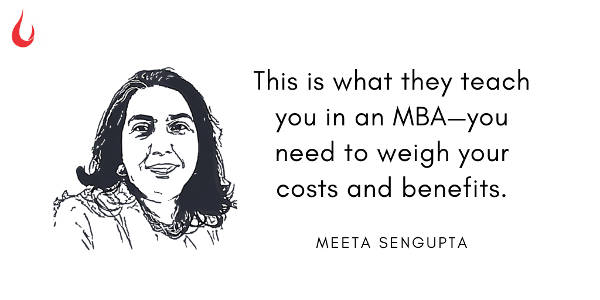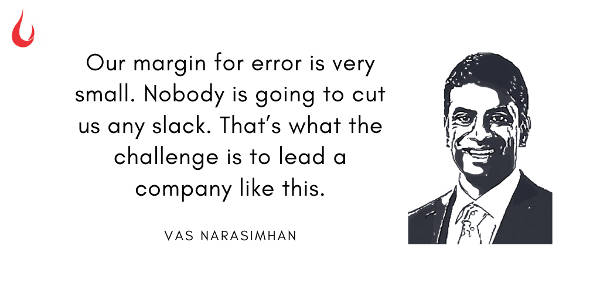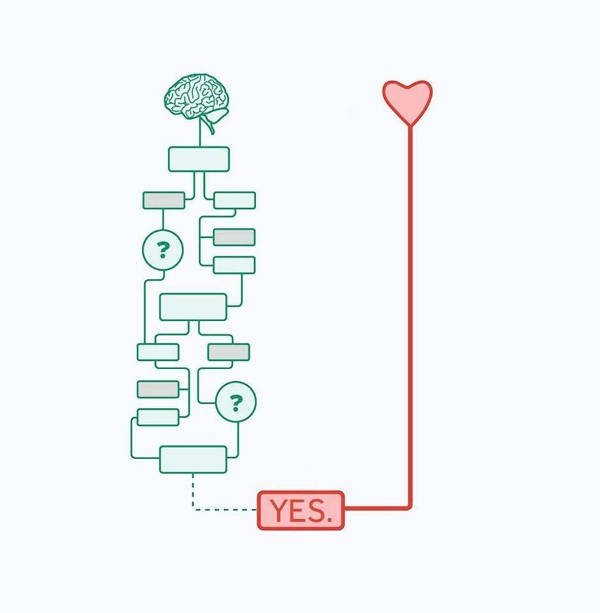[Image by Hin und wieder gibts mal was. from Pixabay]
Good morning,
In Transforming Systems, Why the World Needs a New Ethical Toolkit, Arun Maira makes a strong case for broadening our perspective, to look at things in a holistic way.
He writes: "A new Enlightenment founded on 'systems thinking' is required to understand complexity—not by breaking complexity into simpler components, but by understanding patterns and relationships among the components of complex systems. Children are taught to think of the world in compartmentalized subjects. When they go into 'higher' education, they must focus on ever narrower subjects. When they go to work in organizations, they are fitted into narrow functional silos. And thus, knowledge of systems as a whole is falling apart. The discipline of systems thinking had become essential to put knowledge together again, to help create more social harmony and environmental sustainability."
The pandemic and the wide ranging consequences have highlighted how deeply everything is connected. There is a greater realization that to solve some of the toughest problems we need a different approach, we need to see and create a “world that has not been broken up into fragments by narrow domestic walls.”
How has the pandemic changed the way you look at the world? Share your answers with us.
Have a great Wednesday.
How should students think about the year ahead?
Three announcements from Harvard University highlight how the coronavirus pandemic is impacting higher education everywhere.
- Harvard University announced that all classes would be conducted remotely during the coming semester, even though it would allow up to 40% of the students to the campus. (Even they would attend classes remotely.)
- Harvard Business School, which had earlier considered a fully online MBA this semester, said it would bring all its students to the campus.
- Harvard University president Lawrence S. Bacow condemned the government guidance that international students taking online courses will not be allowed to remain in residence in the US. In fact, HBS said one of the reasons it's bringing back all students to campus is to avoid visa problems for its international students.
Should students consider skipping this year altogether, and resume their studies later? Paul Graham, co-founder of Y Combinator, tweeted: "Lots of people are saying that remote college classes at regular prices are a bad deal, and this may be true. But there is also the opportunity cost. Much, maybe most, of the value of college is in-person interactions. Every semester of remote is one semester less of those. If my kids were college-aged and had some project they wanted to work on this year and wanted to take a leave of absence to do it, I wouldn't try to talk them out of it."

Last month, we asked Meeta Sengupta a similar question. She said there is no one answer, and students should do a costs and benefits analysis to see what works for them. “Use this opportunity for learning and growth as well. If you find yourself with a great MBA, use that opportunity to work with your professors and watch them in action. But your decision depends upon where you are right now.”
Decision making in the real world
German psychologist Gerd Gigerenzer likes to tell this story about a Columbia University professor who had spent a lot of time researching and propagating the idea of maximizing expected utility. Once he had an offer from a rival university, and was struggling to decide. His colleague suggested he should use his favourite theory and maximize his expected utility. The professor gave a shocked look to his colleague and said, 'Come on. This is serious.'
Taking decisions in real life is difficult. We won't have all the information in hand, and we don't know how things will turn out. It's especially so at these times. In an interview with Wired, Novartis CEO Vas Narasimhan shares a story of what the second largest drug company did with respect to HCQ that was once hailed as a cure for coronavirus.

Narasimhan said: “I follow the data. So I was agnostic as to whether or not hydroxychloroquine would work or not, until we had good clinical studies. In mid-March, though, we were in a moment in time where a lot of governments were in a very desperate situation. You had some very early indications from non-appropriately designed, but indicative, clinical studies in China and France that this might help. We didn’t believe we would be impacting patients with rheumatological illnesses that need hydroxychloroquine anyway, and I don’t think we did. So we said we’d be willing to donate to any government that wants to use the medicine under appropriate oversight. When the data came out that showed the drug may not be having the impact we had hoped, obviously we stopped our trials and now are winding back the programme. I don’t think you could reasonably have done anything differently in that moment when you had a drug that might help and, if used appropriately, could be managed in terms of its risk. Unfortunately, it was used in many instances outside of the hospital, which was never the intention.”
Follow your heart

(Via WhatsApp)
If there is a conflict between your head and your heart, which one will you choose? Why? Let us know about it, or share it on Twitter, tagging @foundingf. Or head to our Slack channel.
And if you missed previous editions of this newsletter, they’re all archived here.
Bookmark Founding Fuel’s special section on Thriving in Volatile Times. All our stories on how individuals and businesses are responding to the pandemic until now are posted there.
Warm regards,
Team Founding Fuel

